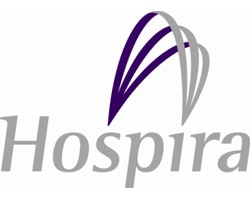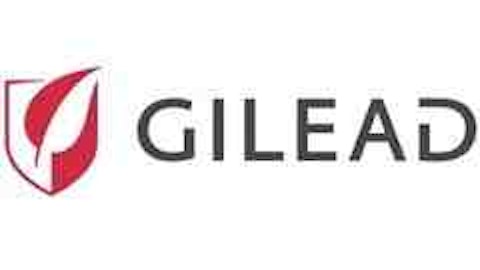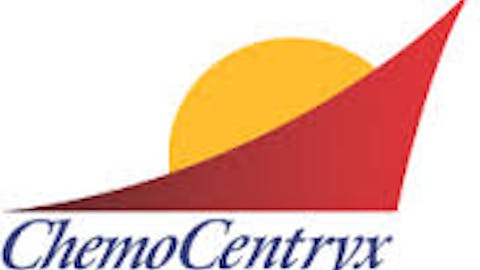Hospira, Inc. (NYSE:HSP) announced that the European Commission has approved its biosimilar version of Remicade from Johnson & Johnson (NYSE:JNJ) and Merck & Co., Inc. (NYSE:MRK). The approval of the new drug, called Inflectra, marks the first time a monoclonal antibody has had a true generic competitor. It could also threaten a sizable chunk of the $2.1 billion in European sales for Remicade, which brought in $8.22 billion worldwide in 2012. The approval is an excellent development for companies seeking to incorporate biosimilar pipelines into their businesses and could impede the growth of some of the world’s most successful drugs. However, there are still plenty of questions that remain unanswered. So how big of an opportunity exists for investors?

Major world markets have set the stage for a thriving biosimilar industry. Source: Sandoz.
The start of something BIG
Why is biosimilar legislation needed in the first place? Believe it or not, biologic medicines are generally not included in previous pharmaceutical patent laws. When they are, it is usually a gray area. So the fact that major markets are getting their regulatory ducks in a row is amazing news. According to Sandoz, the generic drug business of Novartis AG (ADR) (NYSE:NVS), originator biologics with sales totaling $100 billion will lose exclusivity by 2020. The world’s leading biosimilar company also claims that “by 2017 up to 30% of the pharmaceutical industry pipeline will be comprised of biologics.”

| Biologic | 2012 Worldwide Sales | Patent Expiration (EU, U.S.) | Generic Competitors* |
|---|---|---|---|
| Humira | $9.27 billion | 2018, 2016 | 4 |
| Remicade | $8.22 billion | 2014, 2018 | 4 |
| Rituxan | $7.19 billion | 2013, 2018 | 12 |
| Herceptin | $6.32 billion | 2014, 2019 | 7 |
| Aranesp | $2.04 billion | 2016, 2024 | 3 |
| Neupogen | $1.26 billion | 2006, 2013 | 10 |
Source: Genetic Engineering & Biotechnology News, *includes drugs in development.
Sandoz and Hospira, Inc. (NYSE:HSP) are developing biosimilars for several of the world’s best-selling biologics, including Herceptin and Rituxan from Roche, Neulasta and Neupogen from Amgen, Inc. (NASDAQ:AMGN), and of course Remicade. According to Reuters, analysts believe Hospira’s Inflectra could bring in over $200 million annually. Expect similar figures — or higher — to be floated around for future biosimilars, especially those that are first-to-market.
Is Johnson & Johnson (NYSE:JNJ) doomed? Not quite. Remicade is still protected in the United States (Merck & Co., Inc. (NYSE:MRK) owns European rights), but it should be able to replace revenue eventually lost to generics with growth elsewhere in its portfolio. Next generation immunology drug Stelara generated sales of $371 million in the first half of 2013, which represented growth of 50% from the previous year. Expanded treatment approvals should keep the growth going for the foreseeable future.
The flip side
Other companies are seeking to join the fight against biosimilar competition by throwing their own hats into the ring. Merck & Co., Inc. (NYSE:MRK) was once labeled as one of the top would-be biosimilar manufacturers, but has discontinued several high-profile programs including those for generic versions of Aranesp and Enbrel. Key personnel moves in the past year may help return confidence in the company’s biosimilar prospects, but investors are awaiting real results now.
Similarly, Amgen, Inc. (NASDAQ:AMGN) faces some pretty tough generic competition to multiple blockbuster drugs in multiple markets, but is looking to biosimilars to generate billions in revenue in the next decade. It has had much better success than Merck & Co., Inc. (NYSE:MRK), however, and would be my top pick for the industry. The biotech leader is developing generic versions of Herceptin, Humira, Remicade, and Rituxan, among others. Couple the company’s expertise in manufacturing with its marketing know-how and the results could be scary.





